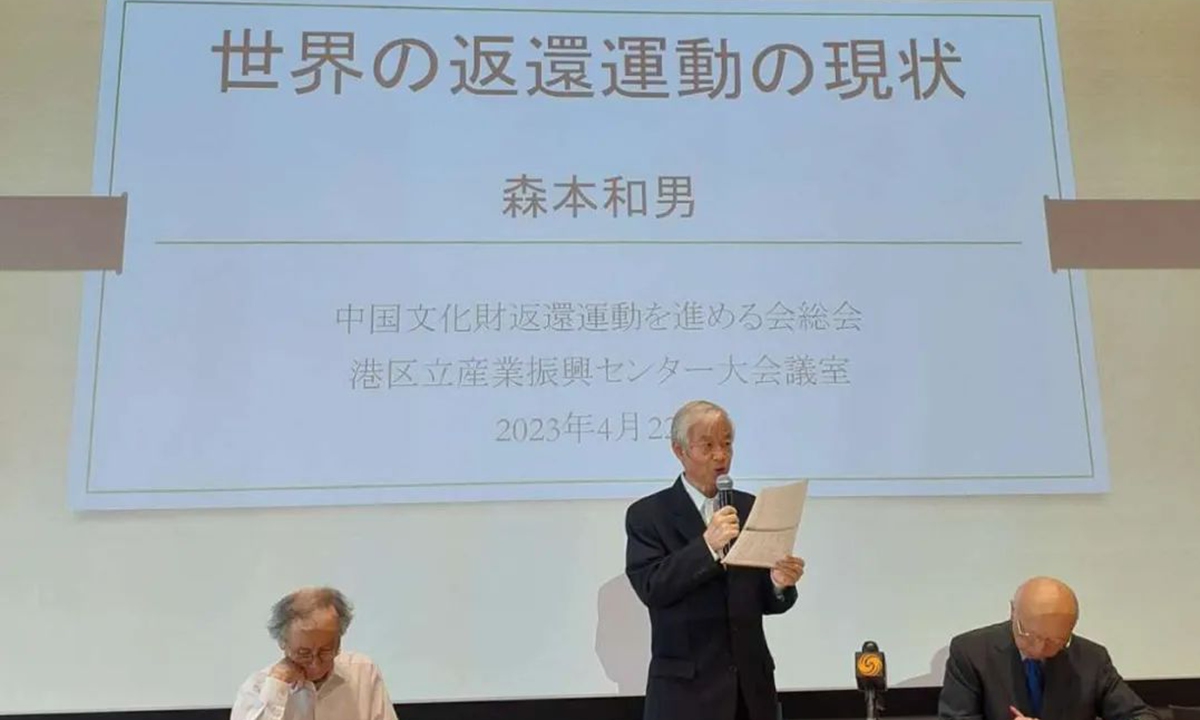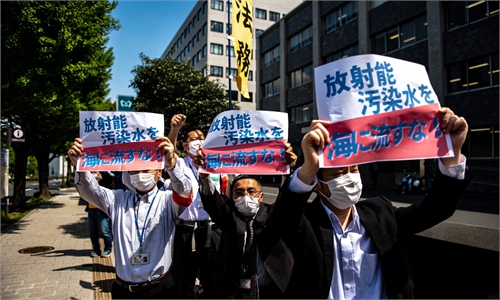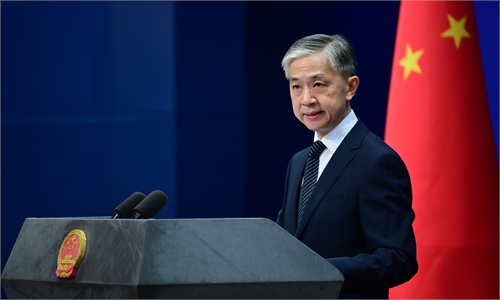ARTS / CULTURE & LEISURE
Japanese activists call for institutions to return cultural relics looted from China

Photo: Courtesy of Kazuo Morimoto
Japanese activists are calling for the return of Chinese cultural relics looted by Japan during the country's wars in China, as a civil group advocating the restoration underlines that returning these relics is the responsible thing to do.Kazuo Morimoto, representative of the association for promoting the return of Chinese cultural properties, said that recent years have witnessed France and other European countries returning looted cultural relics to their former colonial countries in Africa and Asia.
"There has been a wave of returning looted cultural relics around the world, but this momentum is still weak in Japan," Morimoto told the Global Times on Sunday, stressing that Japan has barely mentioned its wartime looting and destruction of cultural relics.
"The Japanese government concealed this disgraceful history from the people after the World War II so many people in Japanese society do not know about it. As a Japanese, I'm ashamed of that."
The association held a rally on Saturday in Tokyo, urging the Japanese government to return Chinese cultural relics plundered during the First Sino-Japanese War (1894-95), the Russo-Japanese War (1904-05) and the War of Resistance against Japanese Aggression (1931-45).
The civil group was founded to encourage Japan to return Chinese cultural relics, achieve "historical reconciliation" between the two countries, and further promote the development of bilateral relations.
The civil group initially called for the return of three Chinese stone lions that were looted from the Sanxue Temple in Haicheng, Northeast China's Liaoning Province. Two of these lions are now located outside the Yasukuni Shrine in Tokyo and the other is in the Yamagata Aritomo Memorial Museum in the Tochigi Prefecture.
Atsushi Koketsu, emeritus professor at Yamaguchi University of Japan and also co-representative of the association, told the Global Times that it had held talks with the Yasukuni Shrine, which stated: "It is necessary to re-investigate what happened at that time."
The civil groups also sent two petitions to the museum, but they were unanswered, Koketsu told the Global Times.
The organization has also called for the return of the Tang Dynasty (618-907) Honglujing Stele, which was looted from Lüshun in Liaoning and is now located in the Imperial Palace in Tokyo.
However, the Imperial Household Agency of Japan which oversees matters concerning the Japanese imperial family was not forthcoming when reached by the association concerning the return of the stele.
There is good news as well. Koketsu said that some members of the Japanese Parliament have expressed their support and are willing to help mediate the issue.
"We will continue to hold rallies and seminars this year to raise awareness among more Japanese people and urge the Japanese government to return Chinese cultural relics looted by Japan as soon as possible," he said. "We have this determination."
Morimoto told the Global Times that these issues should have been resolved in the last century and not have been left to the next generation, adding that Japanese society needs to face history.
He also said that calling for the Japanese government to return looted Chinese cultural relics is not just a responsibility but something that must be done.


